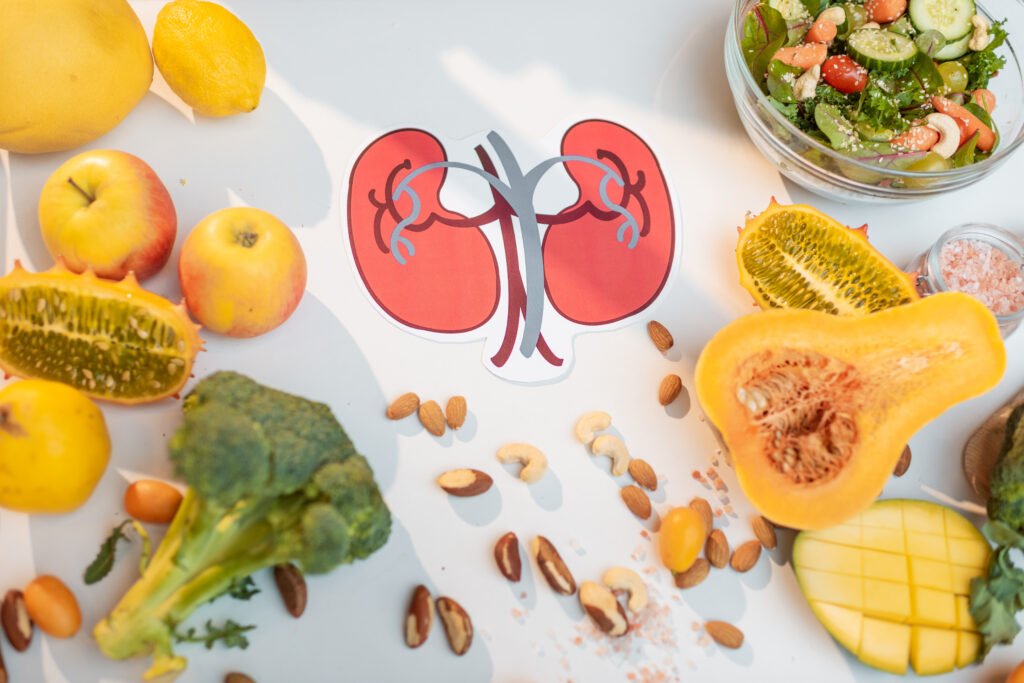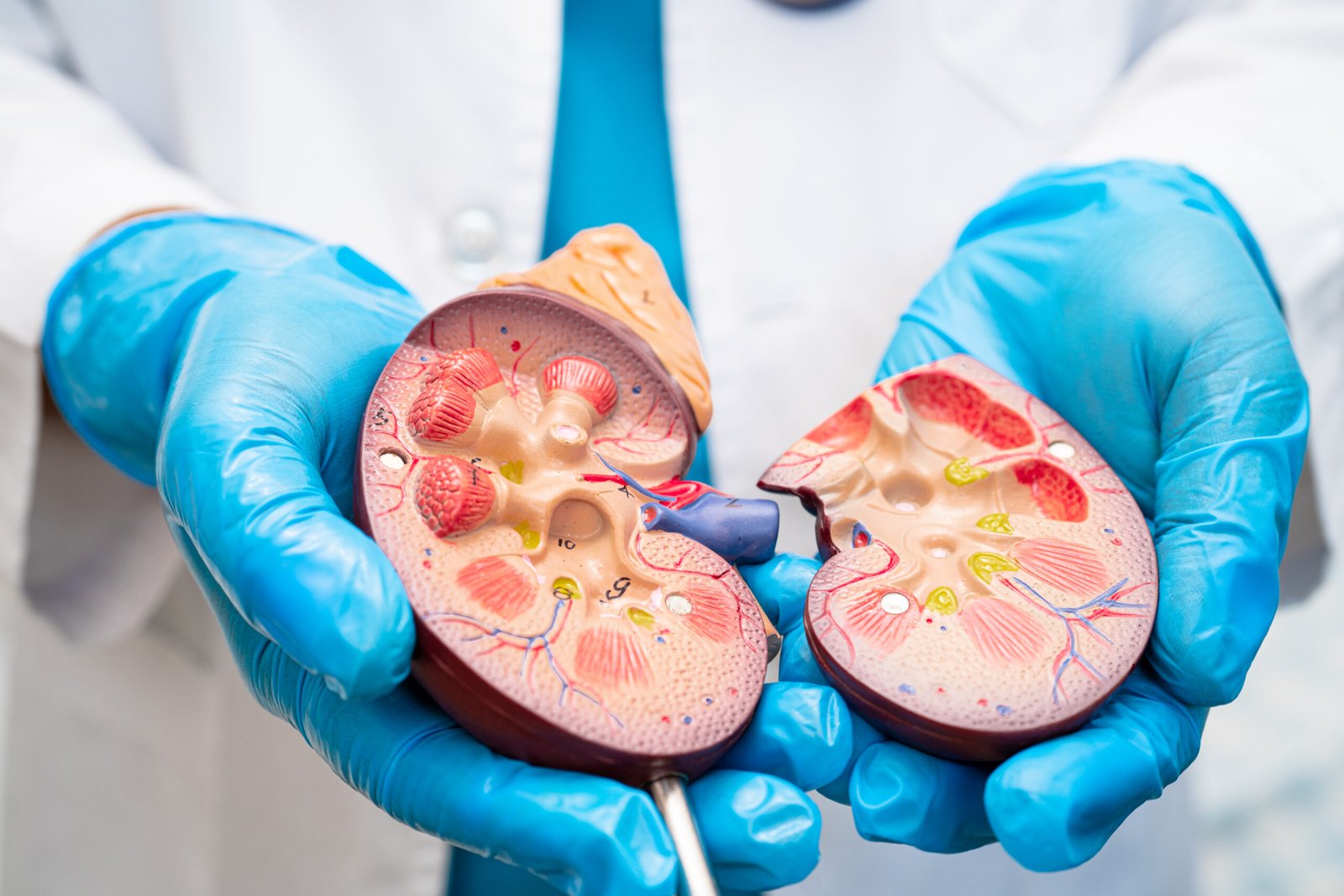Kidney stones can be incredibly painful and disruptive, but they don’t always require surgery or strong medication. Ayurveda, India’s ancient system of healing, offers a holistic and natural way to prevent and manage kidney stones through herbal remedies, lifestyle practices, and dietary adjustments.
What Are Kidney Stones?
Kidney stones are hard deposits made of minerals and salts that form in the kidneys. They occur when the urine becomes concentrated, allowing minerals like calcium, oxalate, or uric acid to stick together and crystallize. These stones can range in size and may cause severe pain when passing through the urinary tract.

Who’s at Risk?
Kidney stones are surprisingly common, especially in adults between 30 and 60 years old. Dehydration, a hot climate, poor dietary habits, and a sedentary lifestyle all increase the risk. If you live in a warm environment or sweat a lot without staying hydrated, you may be more prone to developing stones.
Common Symptoms
The symptoms of kidney stones can vary, but the most common signs include:
• Sharp pain in the lower back, abdomen, or groin
• Burning or discomfort while urinating
• Cloudy or foul-smelling urine
• Nausea or vomiting
• Frequent urge to urinate in small amounts
Why Kidney Stones Form (According to Ayurveda)
In Ayurveda, kidney stones are often linked to imbalances in the body’s three doshas (Vata, Pitta, and Kapha), especially when digestion and elimination are impaired. Factors that contribute to stone formation include:
• Not drinking enough water
• Eating foods that increase mineral buildup
• Weak digestion (agni)
• Excess heat or physical strain
• Long-term dietary imbalances

Ayurvedic Remedies for Kidney Stones
1. Herbal Support
Ayurveda uses specific herbs known for their ability to break down stones, reduce inflammation, and promote urination. Commonly used herbs include:
• Gokshura (Tribulus terrestris) – supports kidney health and acts as a natural diuretic
• Pashanabheda – literally means “stone breaker”; helps dissolve stones
• Varuna (Crataeva nurvala) – reduces inflammation and supports urinary function
These herbs are usually taken in powder or decoction form and should be used under the guidance of an Ayurvedic practitioner.
2. Hydration Is Key
Staying well-hydrated is one of the best ways to prevent and manage kidney stones. Water helps flush toxins and small stones from the body. In addition to plain water, Ayurveda recommends:
• Lemon water – helps break down calcium-based stones
• Coconut water – cools the body and supports kidney function
• Barley water – traditionally used for urinary health
3. Dietary Adjustments
A stone-preventive diet in Ayurveda focuses on avoiding foods that promote stone formation, such as:
• Excess salt
• Red meat and animal protein
• Spinach, beets, and nuts (especially in large amounts)
• Sweets and refined sugar
Instead, favor light, cooling, and hydrating foods like cooked vegetables, whole grains, fresh fruits, and herbal teas.
4. Lifestyle and Daily Routine
A balanced daily routine (dinacharya) is essential for maintaining strong digestion and healthy kidneys. Ayurveda recommends:
• Regular meal times and good sleep
• Moderate exercise – walking, yoga, or light stretching
• Avoiding excess physical strain or dehydration



